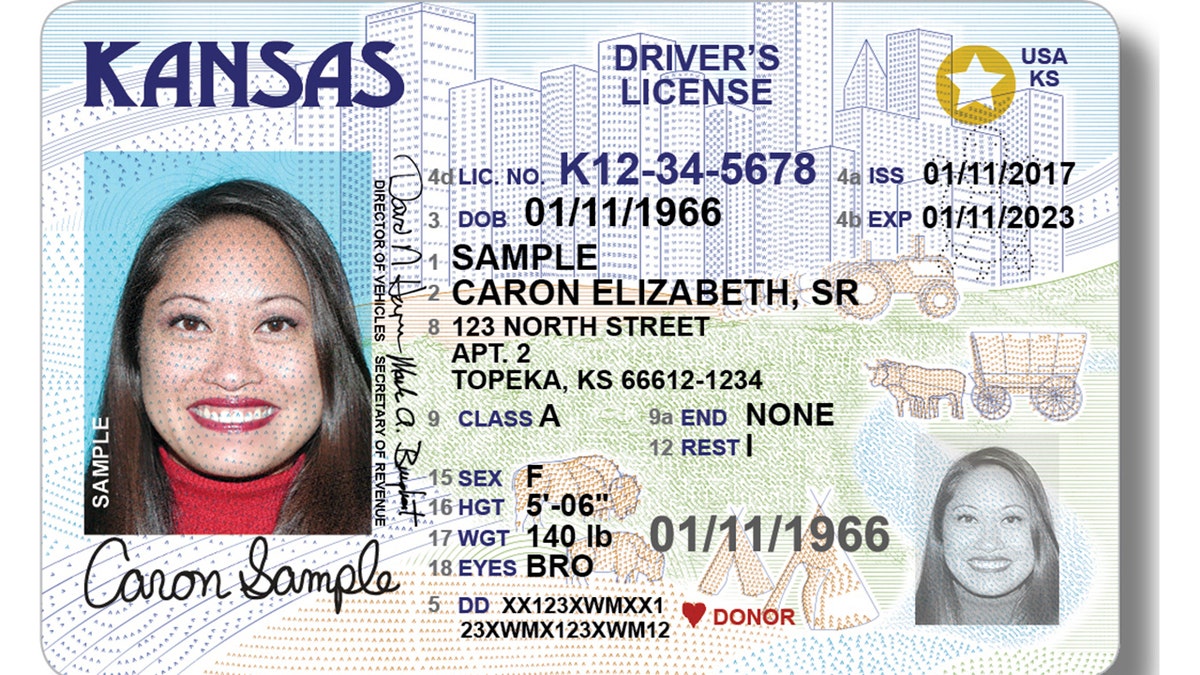A recent Kansas law intended to prevent transgender individuals from altering the sex designation on their driver's licenses has encountered legal challenges due to ambiguous wording. A lawyer representing the Democratic Governor Laura Kelly's administration argued in court documents that the law's poor drafting has created confusion and conflict with existing legislation. Five transgender Kansas residents have also joined the legal battle, claiming the law infringes upon their constitutional rights.
The controversy centers around the interpretation of the new law, which took effect on July 1st. While the law aims to restrict changes to sex designations on legal documents, it doesn't specifically mention driver's licenses. The state's Department of Revenue attorney, Ted Smith, contends that the existing driver's license law, which allows for gender changes, should still be followed because the new law doesn't directly supersede it. This legal ambiguity has prompted Republican Attorney General Kris Kobach to file a lawsuit against the Department of Revenue and its motor vehicles division.

A sample Kansas driver's license (Kansas Department of Revenue via AP)
A district judge initially issued a temporary order halting changes to driver's license sex designations, but a hearing has been scheduled to further address the issue. Smith argues that the legislature should clarify the law's language when they reconvene next year. Meanwhile, over 500 individuals have changed the sex listed on their licenses since 2019, highlighting the impact of this legal battle.
The new law defines sex based on the designation assigned at birth, potentially negating legal recognition of transgender individuals' gender identities. This legislation is part of a nationwide trend of anti-transgender laws passed in Republican-controlled states. The legal dispute also highlights the conflict between the new law and a 2011 policy allowing gender changes on driver's licenses. Two other states, Montana and Tennessee, have explicit provisions in their laws regarding driver's licenses and transgender individuals.
Transgender residents challenging the law argue that it violates their right to bodily autonomy, a right affirmed by the Kansas Supreme Court in a 2019 ruling on abortion access. They, along with the ACLU, contend that the law is discriminatory and persecutes transgender individuals. Kobach, however, maintains that the law requires the state to revert previous changes made to driver's licenses and birth certificates, reflecting the sex assigned at birth. However, a 2018 federal lawsuit settlement mandates that the state allow changes to birth certificates, further complicating the legal landscape.
The ongoing legal challenge revolves around the interpretation of the new law and its impact on existing legislation and policies. The court will need to determine whether the ambiguous wording of the law allows for continued changes to driver's licenses or if it effectively prohibits such alterations.
Comments(0)
Top Comments